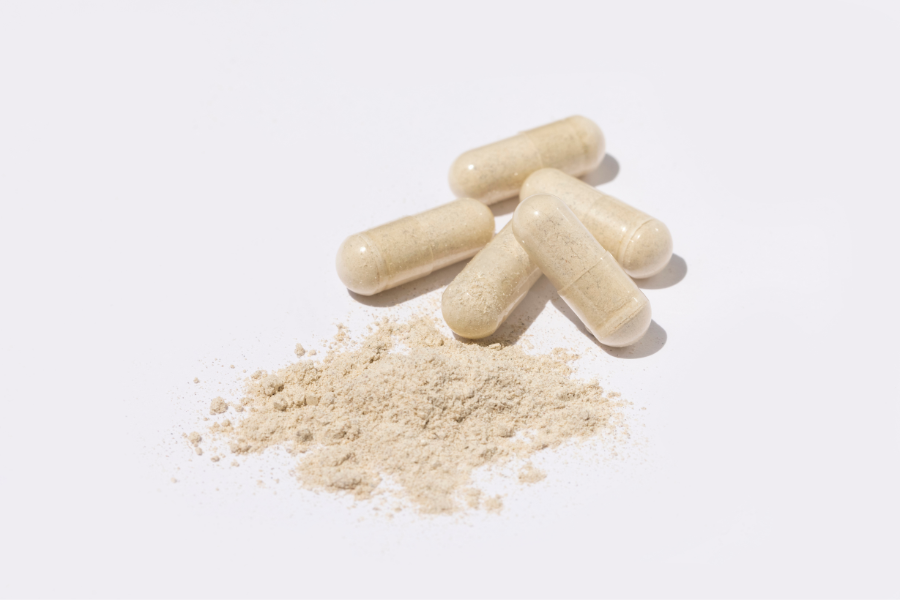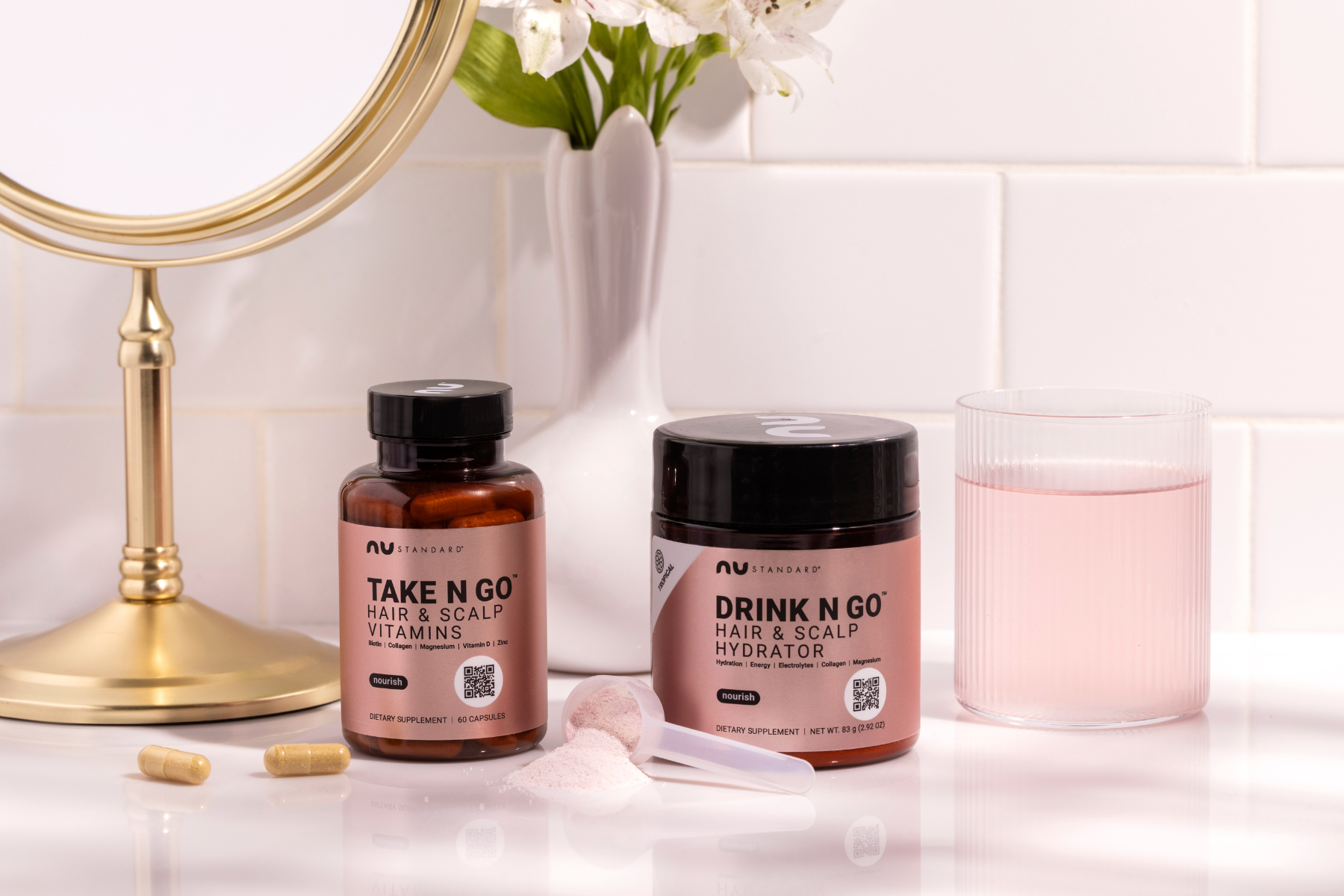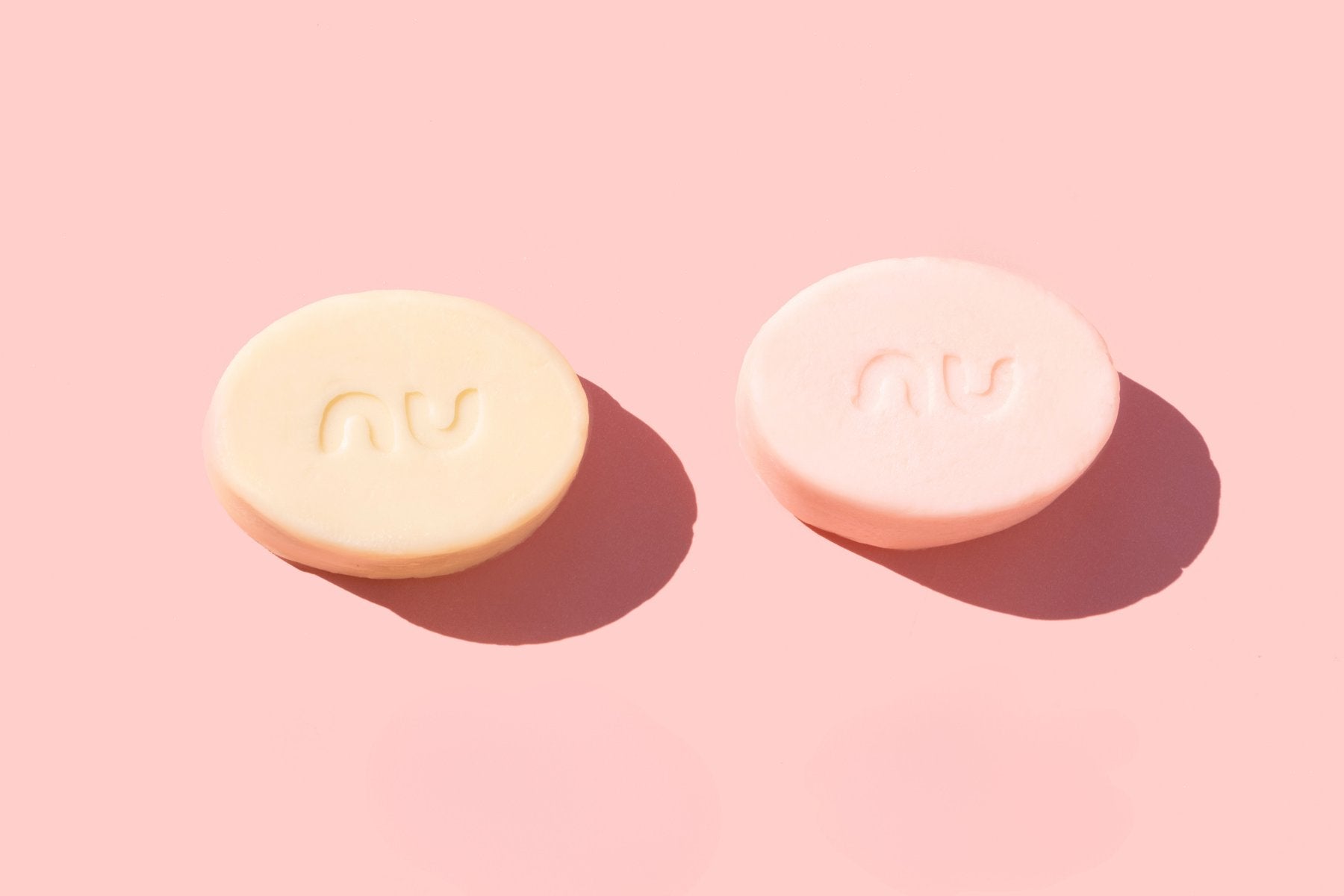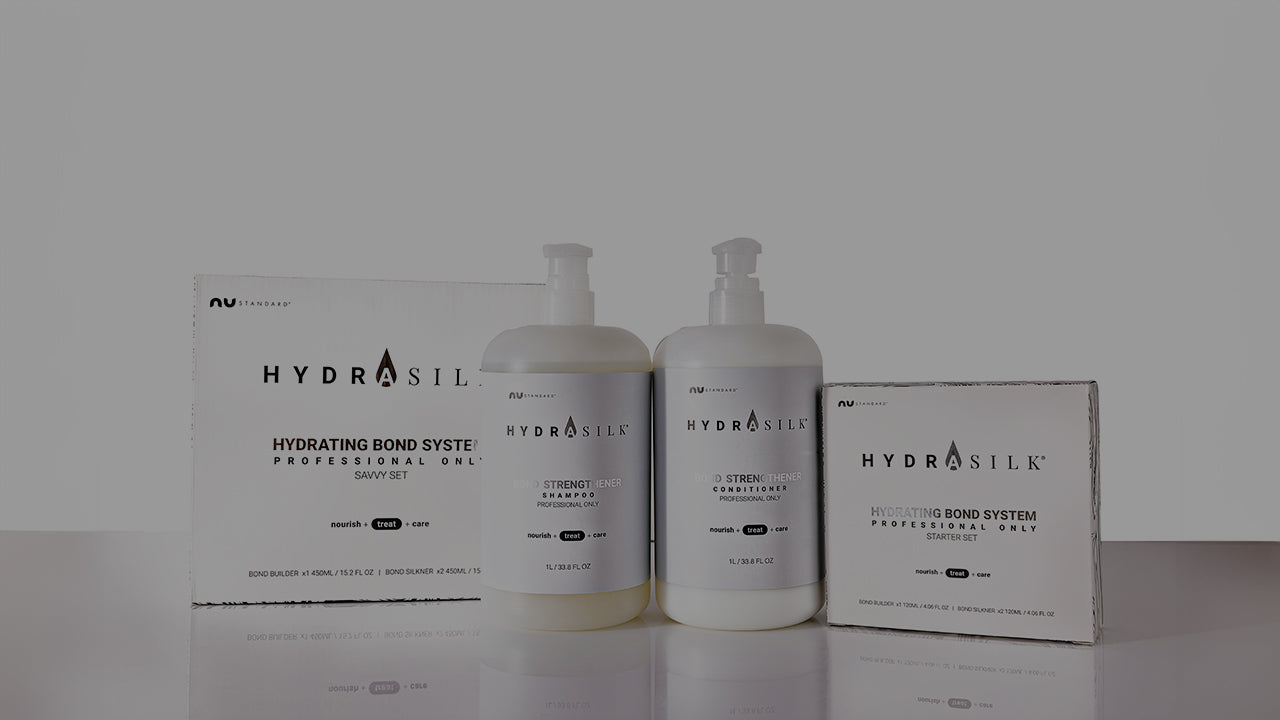Nourishment - The Inside Out Theory

Stress destroys our hair follicles, and we aren’t talking about it enough. Sometimes we don’t realize we are stressed until it’s too late. And when those clusters of hair fall out, it causes even more stress. But we’re stopping the cycle. You deserve better.
We at NU Standard™ live by the Nourish + Hydrate + Care method for hair wellness, and we LOVE to talk about it. But what do we even mean? Our solution to reducing hair loss in aging populations starts with nourishing the WHOLE Queen, healing and hydrating damaged hair with bond-building, reconstructive technology via your hairstylist, and caring for your hair with products designed to protect hair from environmental stress.
But nourishing the WHOLE Queen entails a lot, so let’s dig into this…
Humans are just large clusters of cells that keep regenerating, and we have to take good care of those cells to make sure they continue growing and reproducing. To nourish is to feed, nurture, support, and promote growth.
So, are you nourishing your MIND? Mental wellness is self-care and extremely important to maintaining hair wellness.
Mental stress is the biggest threat to nourishment, and we need to talk about it more. If you are not properly managing your stress levels, you could experience increased hair shedding and breakage.
But how is stress so damaging? Blame the hormones! The hormones secreted when the body undergoes stress can cause hair loss, digestion problems, and other complications.
We understand that it feels nearly impossible to avoid stress, but you can accomplish so much by simply managing your stress. Utilizing the power of your diet to nourish the body can help reduce the secretion of cortisol–the stress hormone that causes the most harm.
Seeking out foods loaded with micronutrients and protein, exercising, and drinking plenty of water are essential to keeping the body healthy for optimum hair wellness. In addition, staying active and maintaining a healthy, balanced diet can help reduce stress levels and improve mental health.
Vitamin D, B-12, and folate (B9) help balance cortisol levels. A lack of vitamin D can alter the healthy bacteria in your gut, reducing vitamin B production in the body. So what started as a vitamin D deficiency turns into a B vitamin deficiency, which can negatively affect your mental health and cortisol levels.
Other easy ways to help reduce stress levels include:
- taking breaks
- avoiding screen-time before bed
- Meditating
- deep breathing exercises
- curling up with a good book
- setting realistic goals and expectations
- creating healthy boundaries
- learning when to say no
Since certain nutrients can help prevent the secretion of harmful stress hormones, let’s talk about diet. So what are we eating, Queens?
You are already on the right track if you spend most of your time feasting on protein sources, healthy fats, fruits, vegetables, and whole grains while drinking plenty of water. Don’t punish yourself for a treat now and then, but keep in mind the consequences of overdoing it.
Our bodies require a wide variety of vitamins and minerals to function at their best, and to avoid stressing yourself out about meeting daily requirements, just eat lots of nutrient-dense foods. If it comes from Earth and is edible, it probably contains what our bodies need.
But what about common deficiencies?
A common deficiency of note is vitamin D which our body makes from exposure to energy from the sun. Our ancestors spent much more time outside than we do currently, and as a result, our vitamin D levels are lower than they should be for optimum wellness.
We know vitamin D helps the body absorb calcium from food, and it helps keep our bones healthy. However, scientists are still discovering how vitamin D (link to vitamins) plays a role in keeping our systems balanced.
But from what we do know, we all can benefit from a supplement while they continue to conduct research, as a study showed subjects suffering from hair loss also had low levels of vitamin D in their blood.
A vitamin D deficiency is usually followed by a calcium deficiency, as one helps the body absorb the other. Other common deficiencies include iron, B-12, and folate (B9). The primary sources for these nutrients are animal products, so often, it is recommended for vegetarians and vegans to supplement.
Nourishing the whole Queen also includes staying active. So are we exercising, Queens?
A common excuse for not prioritizing exercise is time, but you can do magic for your heart, mind, and body with only 20 minutes of exercise 4-5 days a week. Maybe for you, that looks like a quick walk, jog, or bike ride in your neighborhood. Or perhaps you incorporate activity into your day by finding a workout video online or through an app.
Not only does exercise burn calories, strengthen muscles, and improve endurance, but it also improves circulation, which increases the bioavailability of the nutrients we eat and helps hair grow faster and healthier.
Exercise helps to reduce stress and anxiety, improve sleep, and lower the risk of cardiovascular disease, diabetes, and some cancers. It also improves cognition and brain health.
Your mental wellness, diet, and physical activity are the essential pillars of nourishment. These pillars work together to nourish the WHOLE Queen, and when one is off-balance, all will suffer. So, take care of yourselves, and remind others to do the same. Nourish.
Sources:
“Nourish.” Merriam-Webster.com Dictionary, Merriam-Webster, https://www.merriam-webster.com/dictionary/nourish. Accessed 5 Feb. 2022.
Gominak SC. Vitamin D deficiency changes the intestinal microbiome reducing B vitamin production in the gut. The resulting lack of pantothenic acid adversely affects the immune system, producing a "pro-inflammatory" state associated with atherosclerosis and autoimmunity. Med Hypotheses. 2016 Sep;94:103-7. doi: 10.1016/j.mehy.2016.07.007. Epub 2016 Jul 14. PMID: 27515213. https://pubmed.ncbi.nlm.nih.gov/27515213/
https://www.cdc.gov/physicalactivity/basics/pa-health/index.htm





Comments